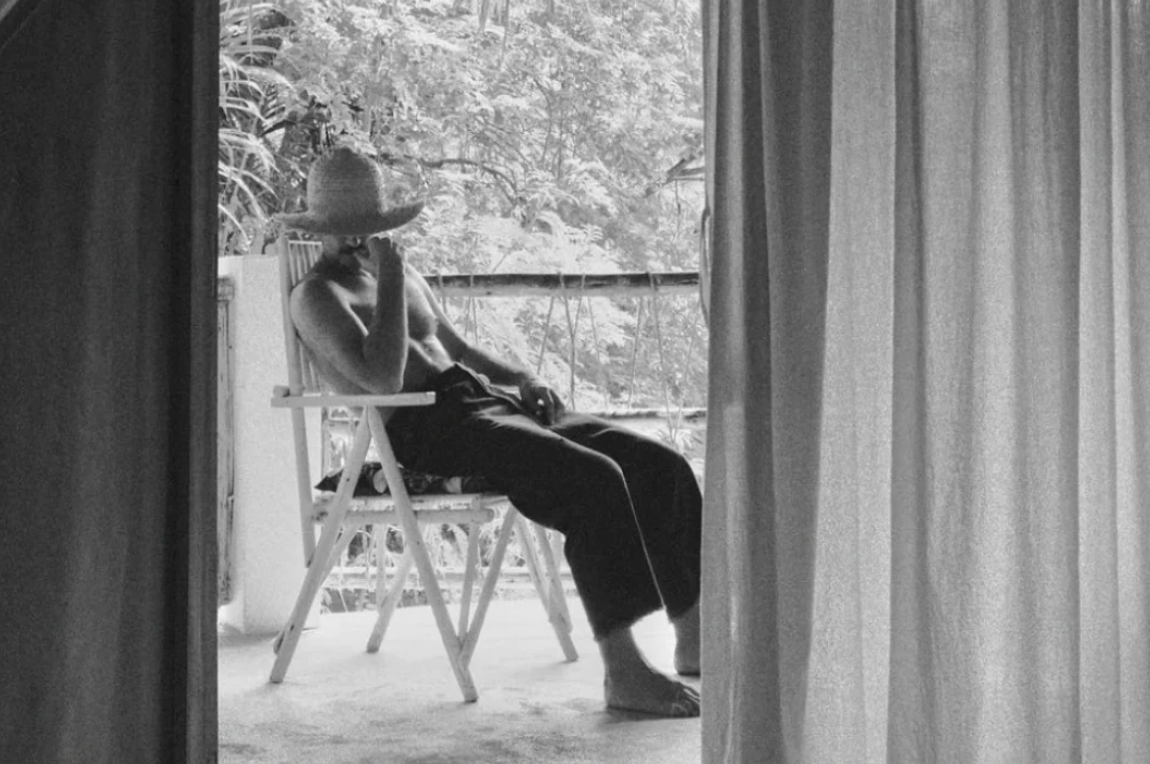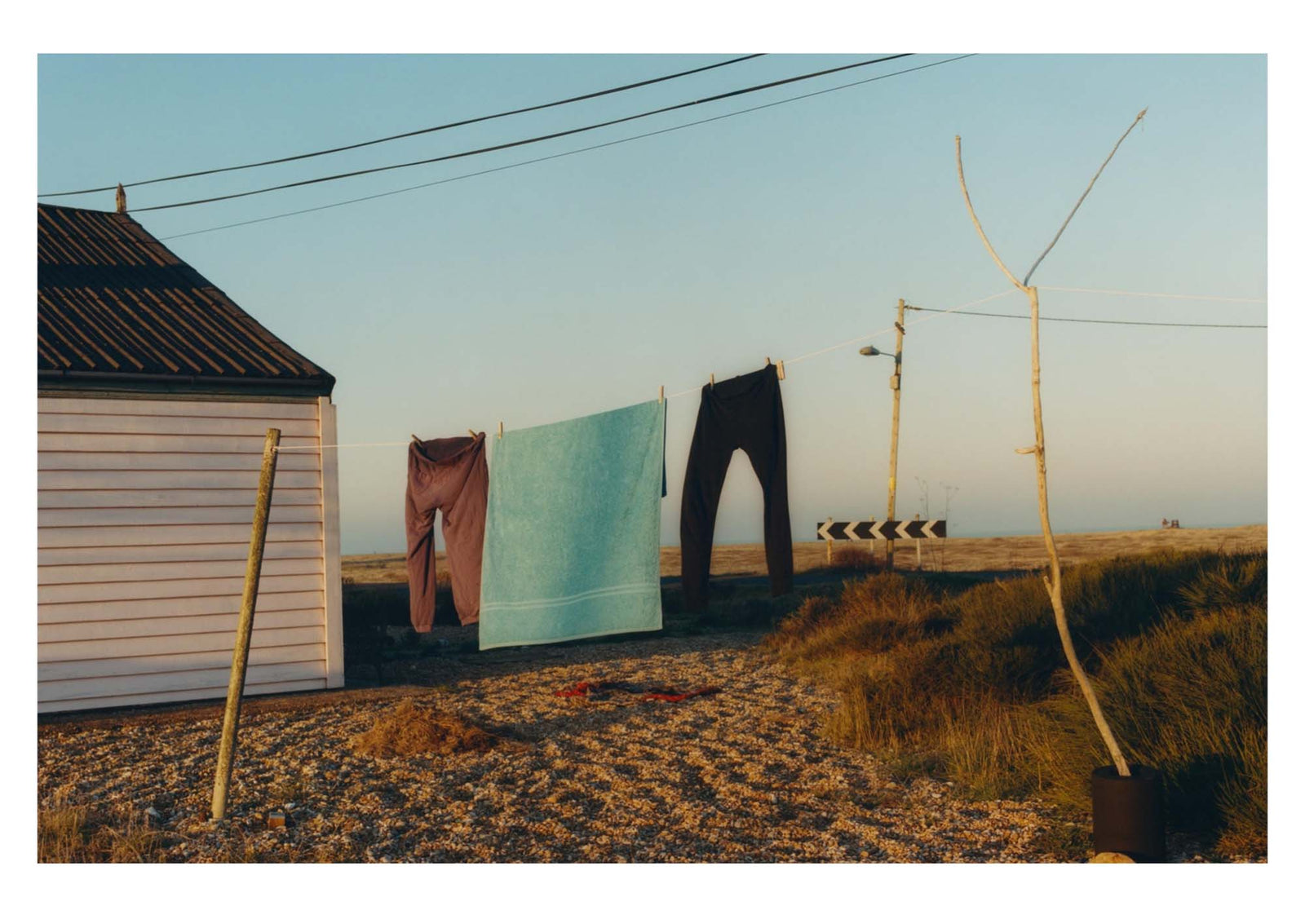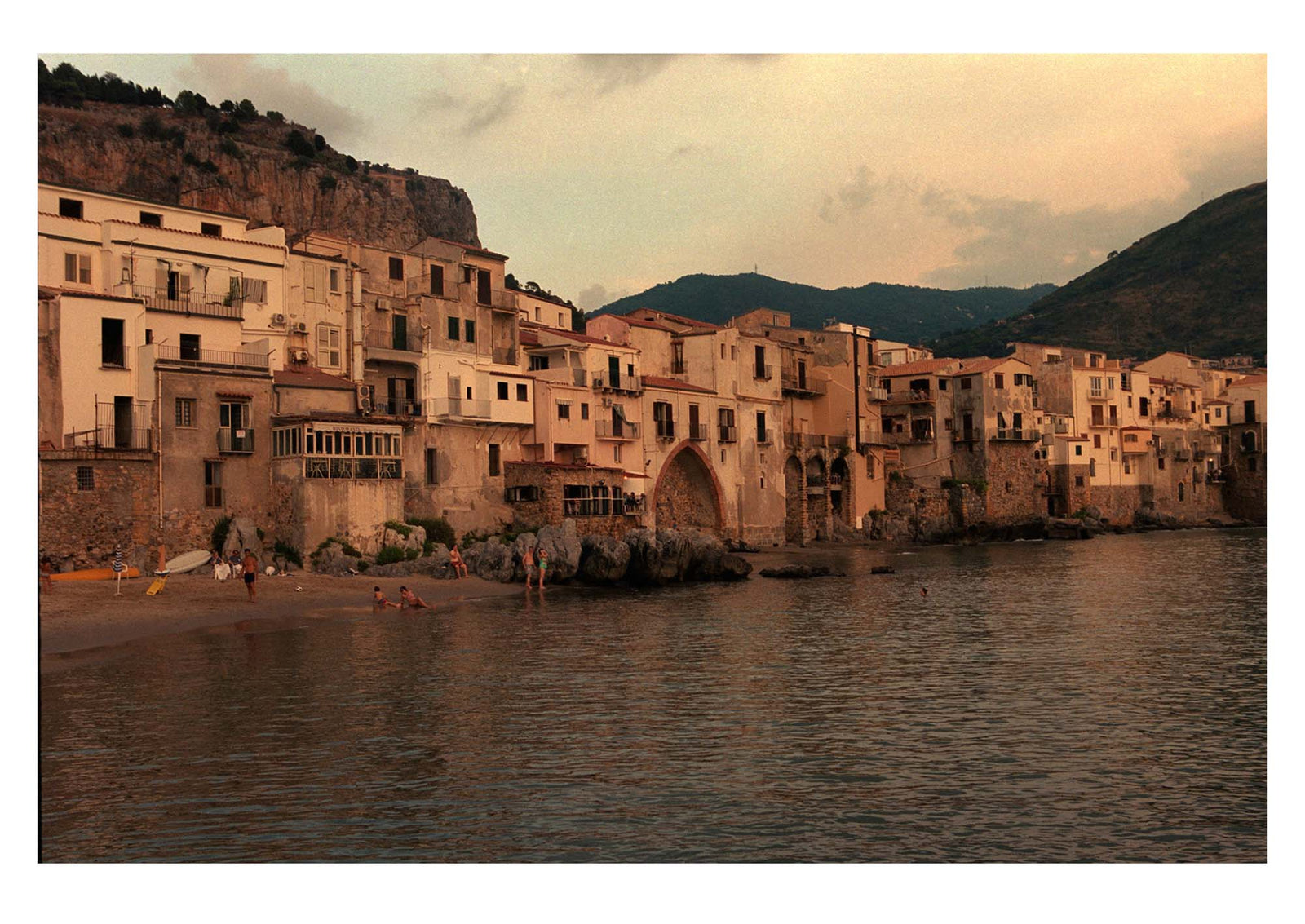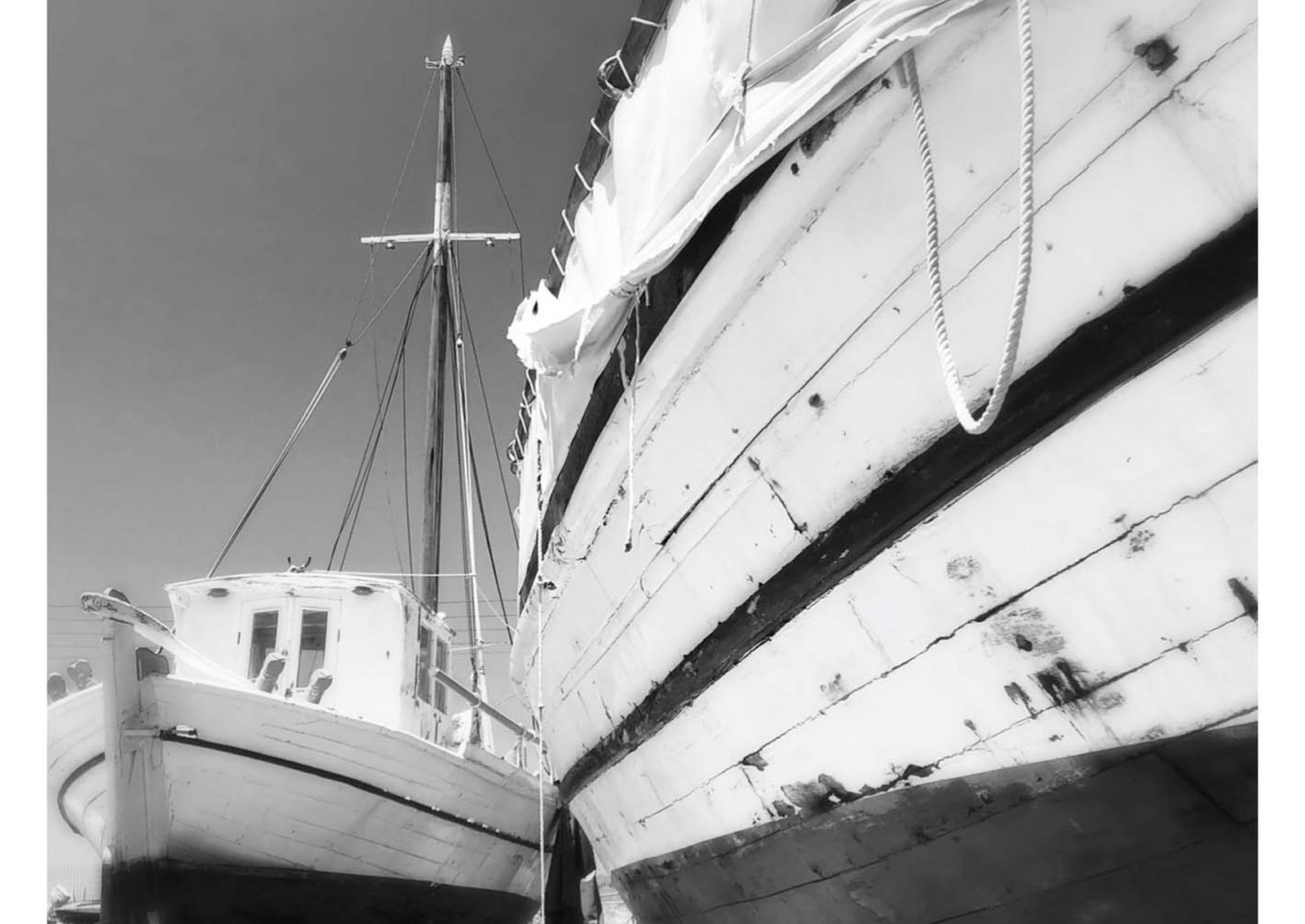Few cities can boast such a setting as South Africa’s Cape Town: flanked on one side by the majestic Table Mountain National Park, and undulating yellow-sand beaches on the other, a lesser city might be dwarfed by its surroundings. But Cape Town has an energy all of its own, with myriad neighbourhoods to explore – each like a village in itself – and on its outskirts, acres of rolling vineyards, making some of the best wines in the world.
Which is to say, it is the perfect place to spend a summer – or, indeed, a British winter, when South Africa is at its warmest. The months of December to February are when the tourists arrive – seeking the country’s abundantly sunny days and temperatures reaching up into the thirties – but choose the months before and after for a more peaceful stay. As for where, the ever-changing city offers plenty of hotels for all sensibilities: from hip downtown hideaway Gorgeous George, to the flashy wraparound views and art-filled rooms of the towering Silo Hotel.
























